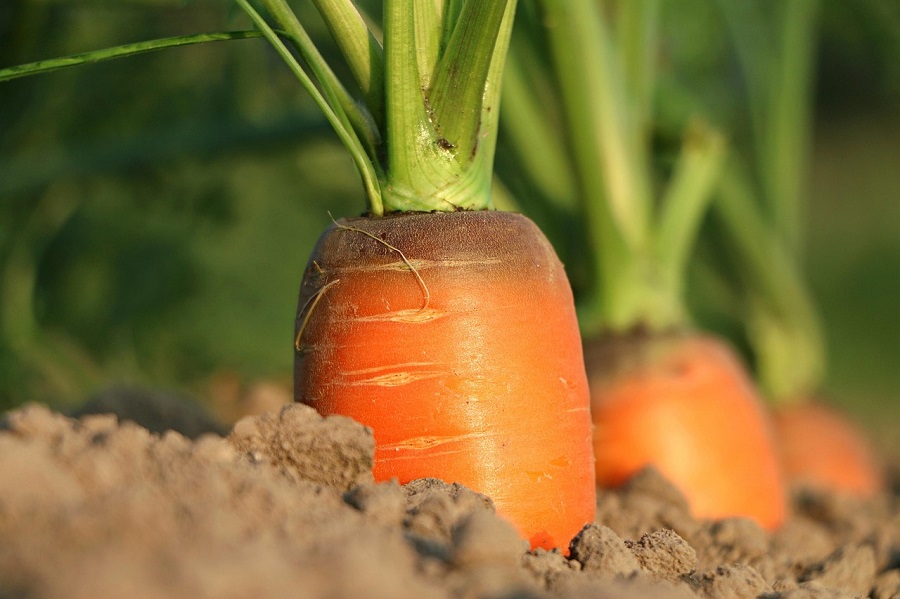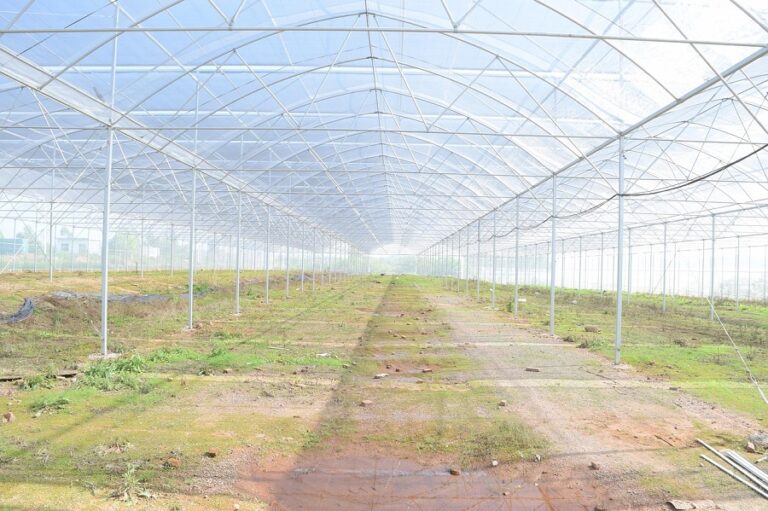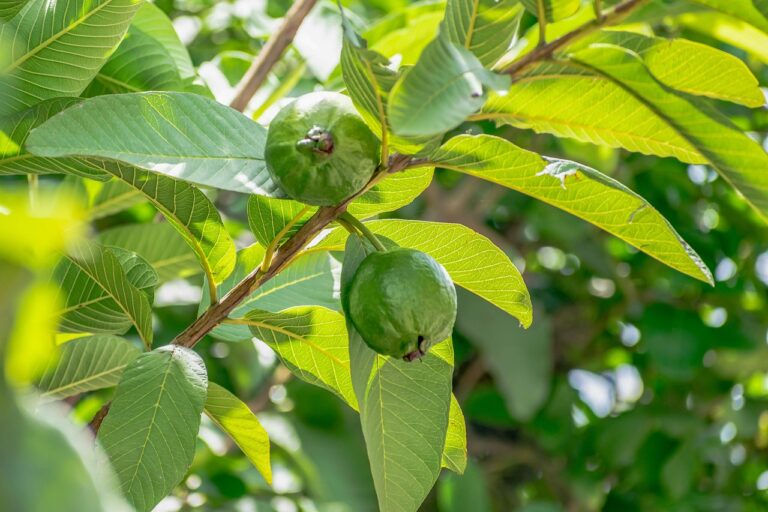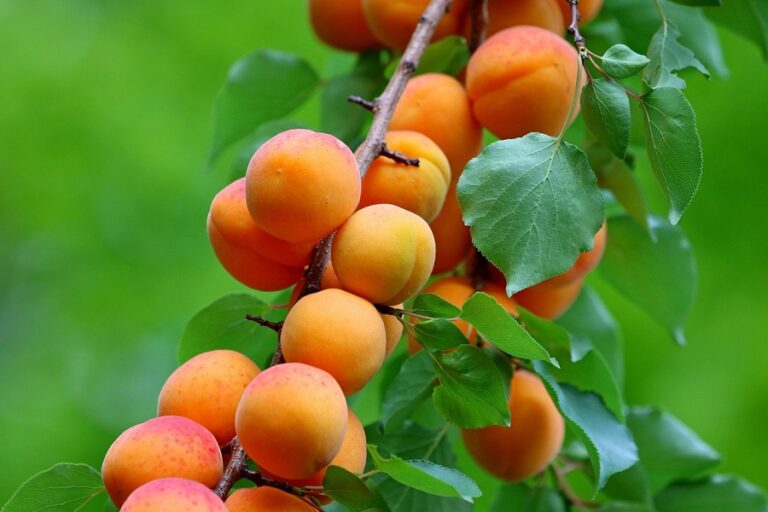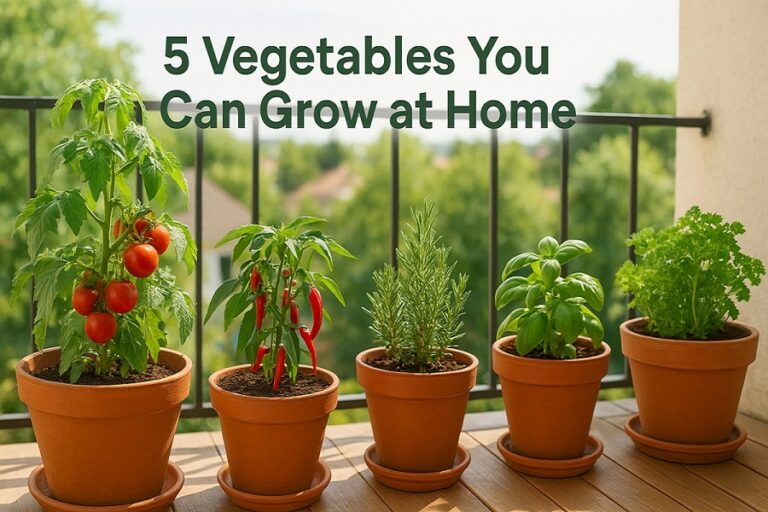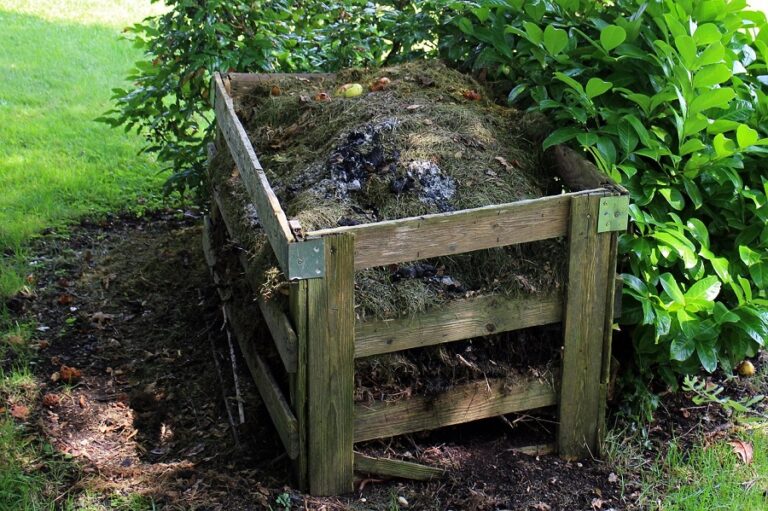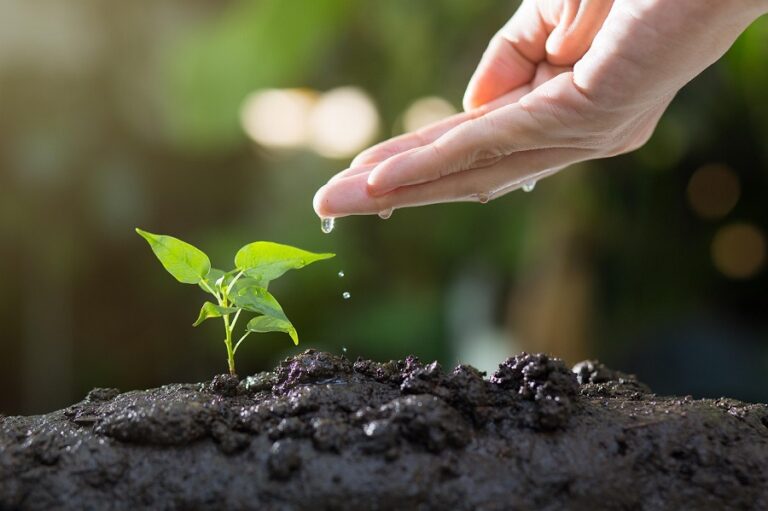Why Organic Farming Matters: A Simple Guide for Beginners
When I first stepped into farming more than a decade ago, I believed higher yields were only possible with chemical fertilizers and pesticides. Over time, I learned that the real success of farming isn’t just about quantity, it’s about the quality of food, the health of the soil, and the long-term future of agriculture. That’s where organic farming comes in. If you are new to agriculture or simply curious about healthier ways to grow food, this guide will give you a clear understanding of why organic farming matters and how you can get started.
What Is Organic Farming?
Organic farming is a method of agriculture that avoids the use of synthetic fertilizers, pesticides, genetically modified organisms (GMOs), and growth hormones. Instead, it focuses on natural inputs and ecological balance. In simple terms, it’s farming the way our grandparents did, utilizing compost, cow dung, crop rotation, and biological methods to maintain fertile soil and healthy plants.
It is not just about avoiding chemicals; it’s about creating a healthy ecosystem where soil, water, plants, and animals support each other. Farmers practicing organic methods often find their soil improves year after year, rather than being depleted by chemicals.
Why Organic Farming Matters
From my personal experience, the shift from chemical-intensive farming to organic farming was not just a change in method; it was a change in mindset. Here’s why it truly matters:
- Healthier food: Crops grown without synthetic chemicals are considered safer and richer in nutrition. Families today are more aware of what they eat, and organic produce meets that demand.
- Soil fertility: Healthy soil is like a savings account for future farming. Organic practices keep the soil alive with microbes, earthworms, and organic matter.
- Lower input costs: While it requires effort, using compost, bio-fertilizers, and natural pest repellents reduces dependence on expensive chemical inputs.
- Better for the environment: No chemical runoff means cleaner water sources, less pollution, and more biodiversity around farms.
- Market demand: The organic food market in India and globally is growing rapidly. Farmers who adopt organic practices are finding new income opportunities.
Core Principles of Organic Farming
Over the years, I’ve learned that organic farming is not a fixed set of rules, it’s a philosophy guided by a few strong principles:
- Soil health first: Healthy soil means healthy crops. Practices like composting, green manures, and crop rotation keep the soil fertile.
- Natural pest management: Instead of spraying chemicals, organic farmers use neem oil, cow urine, or introduce predator insects like ladybugs.
- Diversity in farming: Mono-cropping (growing the same crop repeatedly) is avoided. Instead, mixed cropping and intercropping keep diseases in check and improve yield stability.
- Sustainability: Organic farming emphasizes long-term sustainability rather than short-term profits.
How Beginners Can Start Organic Farming
If you are planning to start small, here’s a practical step-by-step approach based on what worked for me and many farmers I know:
- Understand your soil: Get a soil test done. Knowing your soil’s pH and nutrient status helps in planning the right crops.
- Start with compost: Don’t jump into expensive solutions. Use kitchen waste, cow dung, or crop residues to prepare compost.
- Choose crops wisely: Begin with crops that are less prone to pests- like pulses, leafy vegetables, or guava- before shifting to sensitive crops.
- Learn natural remedies: Neem oil spray, cow urine solutions, and chilli-garlic sprays work effectively for many common pests.
- Scale up gradually: Start small, observe, and expand. This way, you won’t be overwhelmed, and you can learn as you go.
When I began, I tried to convert my entire farm at once and struggled with pest control. But once I started converting small plots and experimenting with organic techniques, I got better results without risking my whole farm income.
Challenges You May Face
Let me be honest, organic farming is rewarding, but not without challenges:
- Pest outbreaks: It may take time to find the right natural control methods.
- Certification: Getting officially certified as an organic farmer can be time-consuming and costly, but it opens up access to premium markets.
- Initial yield drop: For the first 1–2 years, yields might be lower as the soil adjusts from chemical dependency to natural cycles.
- Market access: Selling organic produce at a premium price requires proper connections or farmer groups.
But the good news is that many farmers, including myself, have overcome these challenges with patience, training, and community support.
Benefits for Farmers and Consumers
After practicing organic methods for several years, here’s what I’ve noticed personally and through other farmers’ experiences:
- Farmers spend less on fertilizers and pesticides, which means higher profit margins in the long run.
- Consumers are willing to pay more for food that is safe, clean, and chemical-free.
- Farmers working in organic fields report fewer health problems because they are not exposed to harmful chemicals.
- Organic farming creates better soil that can sustain crops even under drought or heavy rainfall conditions.
Success Stories in Organic Farming
One farmer I met in Maharashtra shifted from conventional sugarcane to organic vegetables. While his yield was slightly lower, he earned almost double the income by selling directly to urban markets where people were eager to buy organic produce. Another example is a group of farmers in Uttarakhand who formed a cooperative to sell organic pulses under their own brand name. These stories prove that while organic farming has its challenges, the long-term rewards are very real.
Conclusion: The Future Belongs to Organic Farming
After more than 10 years in farming, I can confidently say that organic farming is not just a trend; it’s the need of the hour. As consumers demand safer food and farmers face soil degradation due to chemical use, switching to organic methods is a win-win solution. If you are a beginner, start small, learn continuously, and connect with experienced farmers in your area. Every step you take towards organic farming is a step towards healthier food, stronger soil, and a sustainable future.
Ready to start? Begin with a small patch in your farm or garden, prepare compost, and try growing your first organic crop. The results will inspire you to continue the journey.
FAQs on Organic Farming
Q1. Is organic farming profitable in India?
Yes, many farmers are earning better profits due to rising consumer demand, though success depends on market access and crop choice.
Q2. How long does it take to convert a farm to organic?
Generally, it takes 2–3 years for the soil to recover and meet organic certification standards.
Q3. Do organic crops give lower yields?
Initially, yields may be lower, but over time, as soil health improves, productivity stabilizes.
Q4. Can I practice organic farming without certification?
Yes, you can grow organically without certification for personal use or local markets, but certification helps access premium markets.
Q5. What is the easiest crop for beginners in organic farming?
Leafy greens, pulses, and vegetables like okra or brinjal are good starter crops since they require less intensive pest management.
